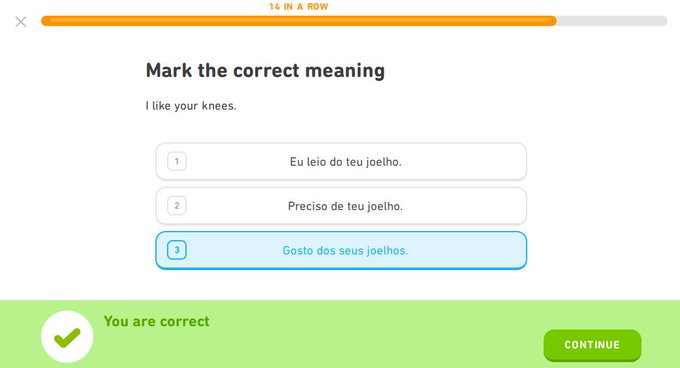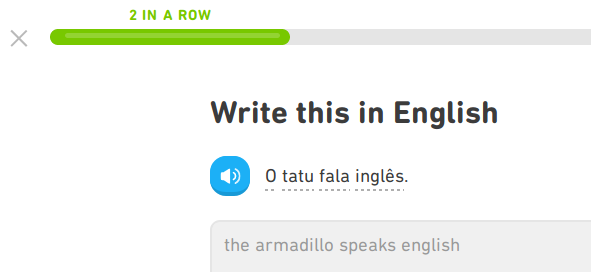 |
| UFOs and Bratislava |
Final moments of my terminal degree that lasted almost 5 years.
2. Successfully defending my thesis in ULisboa.
I got a Pass with Distinction.
3. UCLouvain Public Defense of my Ph.D.
As a double degree, I had to defend my thesis twice. My defense in Belgium officially concludes my Ph.D. of 5 years!
4. 10 Years of many things.
Time to reflect on the goods and bads of the 2010s.
5. Hosting a RIPE NCC Atlas Probe.
Fascinating to contribute to the Internet measurement community.
6. Watching the Lunar Eclipse in Atlanta.
I was also present in Colombo during the Solar Eclipse. But did not dare to watch it.
7. Leuven twice - the second time was the charm.
Starbucks Leuven has also become my most favorite Starbucks.
8. Finding the Louvain-la-Neuve lake completely dry.
It was sad to see my favorite lake missing - although it was temporary.
9. Porto after exactly 6 years.
It was a magical experience, being in Porto on the same 3 days.
10. An overnight stay in Charleroi Sud, Belgium.
Realizing there is more than just a cheap airport in this region.
11. Time travel - Lisboa version.
The feeling of saudade was so real.
12. Transcontinental boat ride in Istanbul.
2. Successfully defending my thesis in ULisboa.
I got a Pass with Distinction.
3. UCLouvain Public Defense of my Ph.D.
As a double degree, I had to defend my thesis twice. My defense in Belgium officially concludes my Ph.D. of 5 years!
4. 10 Years of many things.
Time to reflect on the goods and bads of the 2010s.
5. Hosting a RIPE NCC Atlas Probe.
Fascinating to contribute to the Internet measurement community.
 |
| View from the Zugspitze Summit |
I was also present in Colombo during the Solar Eclipse. But did not dare to watch it.
7. Leuven twice - the second time was the charm.
Starbucks Leuven has also become my most favorite Starbucks.
8. Finding the Louvain-la-Neuve lake completely dry.
It was sad to see my favorite lake missing - although it was temporary.
9. Porto after exactly 6 years.
It was a magical experience, being in Porto on the same 3 days.
10. An overnight stay in Charleroi Sud, Belgium.
Realizing there is more than just a cheap airport in this region.
11. Time travel - Lisboa version.
The feeling of saudade was so real.
 |
| Panevėžys Train Station |
Consistently chased by an army of seagulls.
13. Praia das Maçãs - The Apples Beach in Sintra.
A place where my favorite song from Romania was shot.
14. The bright and energetic Antwerp.
Probably the most random trip of the decade.
15. Random walks in Bratislava, Slovakia.
A cheap Ryan Air flight after a long time.
16. Getting a new passport.
13. Praia das Maçãs - The Apples Beach in Sintra.
A place where my favorite song from Romania was shot.
14. The bright and energetic Antwerp.
Probably the most random trip of the decade.
15. Random walks in Bratislava, Slovakia.
A cheap Ryan Air flight after a long time.
16. Getting a new passport.
For another decade, until 2029!
17. Hot summer days in Houston, Texas.
It was special as our first trip with our infant son.
 |
| The Hollywood Sign |
This year we successfully resurrected Emory BMI as a mentoring organization.
19. Cold evenings in Riga, Latvia.
Our first city from the former USSR.
20. A day in a "ghost town" in Estonia.
Pärnu, a summer resort that hibernates during autumn and winter.
21. Panevėžys, a way of travel.
Who guessed a boring town would influence us this much?
22. Zugspitze, on the top of Germany.
At 2950 meters, it is literally the highest point I have ever been in my life.
23. The majestic Salzburg.
It has this true European vibes.
 |
| Crowded Istanbul |
Because I don't want to forget the language.
25. Apple Picking in Ellijay.
It was an unexpectedly nice and refreshing activity.
26. Batu Caves, Malaysia.
It was also my first visit to Kuala Lumpur and South East Asia.
27. Long metro rides and walks in Los Angeles.
Evening rides to Santa Monica and Long Beach, and hikes in LA.
28. Postdoc life in Emory.
I presented my first conference paper as a Postdoctoral Researcher at BigData conference in LA.
29. Döner Kebab and Sahlep in Istanbul.
After some long walks during the Christmas vacation.
30. A "direct" flight via Male.
It was my first direct but not non-stop flight, from Istanbul to Colombo, via Male.
Every year, I have one new year's resolution - to outperform my previous years. :) I already have high expectations for 2020. I wish you a happy new year. Thanks for reading my list until the end. You may also read the blog posts of all the previous years as well.


































